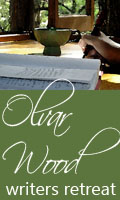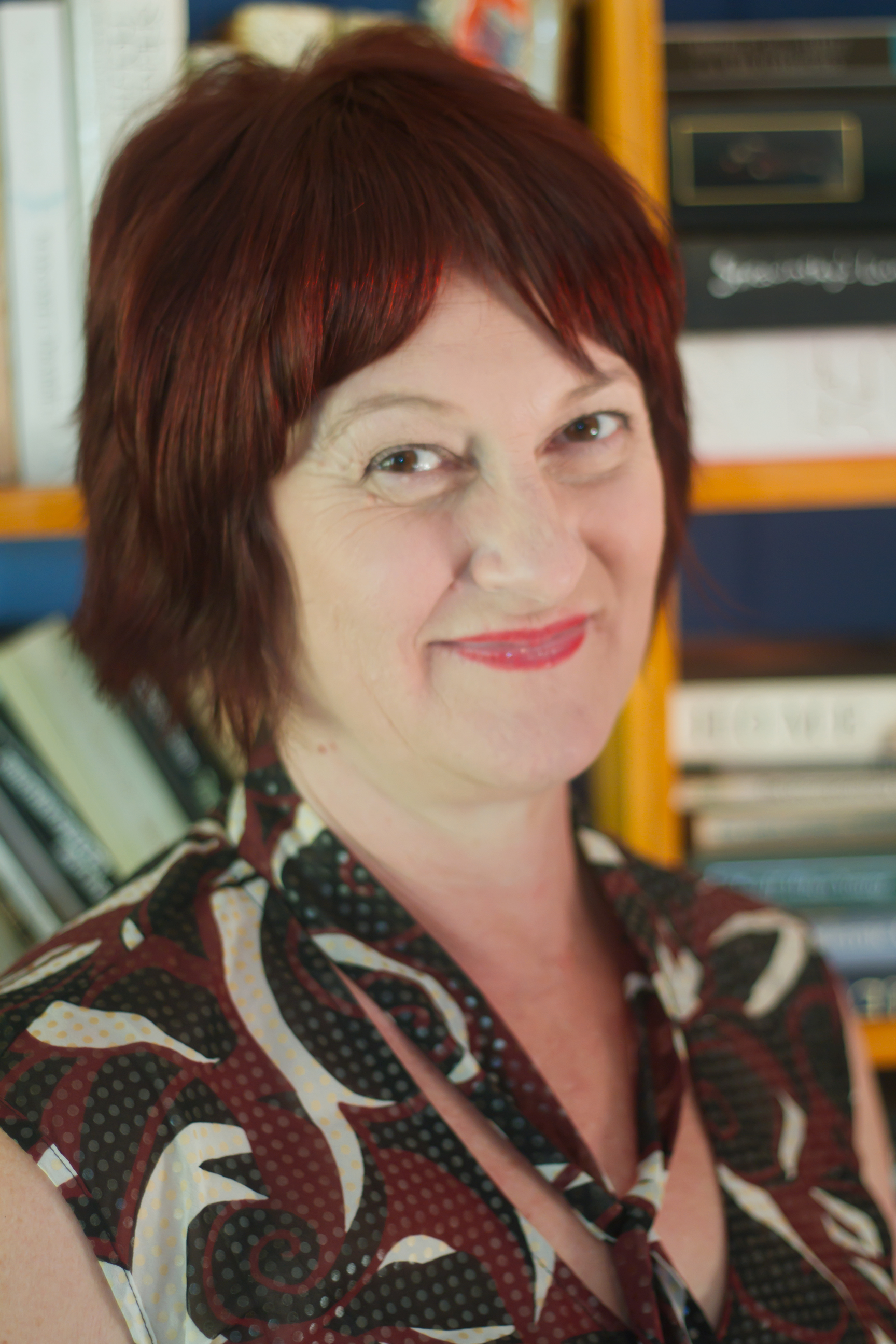
| current issue |
| archives |
| submissions |
| about us |
| contact us |
| short story competition |
sponsored by

Review of David Grossman's To The End of the Land Sandra Hogan |
|
Left alone, with two backpacks bulging with new camping gear, she waits at home. And waits. Every movement, every sound suggests the knock on the door that signals the arrival of the notifiers – the men in uniform who come to tell parents about the death of their sons at war. The waiting becomes unbearable; she takes the backpacks and goes hiking anyway, leaving no messages for friends or family. This is Ora, the central character in David Grossman’s latest novel, To The End Of The Land. Ora goes to a surprising effort to find a man she knew a long time ago to take with her on the journey. Avram is strange and silent at first, not a likely camping companion, but she has a special purpose in taking him. Together they make a grueling, zigzagging 500km trek across Israel, from the Galilee to Jerusalem and, as the journey unfolds, so does their relationship. The walk is full of adventures: encounters with wild dogs and wilder people; struggles through deep waterways and up mountains; the sights of desert flowers, clean, cracked earth and piles of filthy trash outside settlements. But To The End Of The Land is not a road story; it is a story about family and love. It names what it is we lose when someone we love dies. It counts the loss with precision: the memory of a child walking for the first time, the shared jokes, certain famous family meals, acts of kindness – all the small things that add up to love. Ora’s child has not died but she is making magic. By remembering him fully, by telling the story of him, she feels she can keep him alive. And something magical does happen as we read: Grossman brings a family off the page and into life. It is as astonishing to me as if Frankenstein’s monster were really to stand up and move. Imaginatively, Grossman goes very deep into the hard parts of life. Here is Ora in the kitchen after her son has gone to war, trying to live normally with the prospect of the notifiers coming to the door:
Grossman is famous for his attention to meticulous detail in his novels. In a 2007 interview for Paris Review, Grossman talked about his approach to research. In the book See Under: Love, he wrote about a man joining a shoal of salmon so he joined divers to find out what it was like to swim with salmon. For To The End Of The Land, he took 45 days to walk the walk that Ora and Avram take. So we see and smell and feel the land, as walkers. And we just as vividly experience what it means to be to be in love or out of it; to be uneasy conquerors in a land surrounded by enemies or to be the conquered people; to be tortured or to betray; and, particularly, we feel what it is to be afraid and to grieve. In this book about walking, Grossman shows all the shifts and movements in family life, the way nothing is ever static. Talking to Avram, Ora realises that describing family is like describing how a river flows. ‘Like painting a whirlwind, or flames. It’s an occurrence, she thinks … A family is a perpetual occurrence.’ (p. 383) A lesser author than Grossman would rely on a photograph or a static scene to draw out truths about the family but this book draws us in to the complex dance of family, with all its shifts of loyalty, alliances and power. And one of the dancers, unavoidably in Israel, is the state. We see how directly the state involves itself in family life and how necessary – and disturbing – that is. This book has been described as an anti-war book and Grossman has been referred to as a pacifist, but he denies both things in the same Paris Review interview. He and his sons served as soldiers in the Israeli army and he believes in the need to defend the country. But, as a journalist and commentator, Grossman has continually advocated for an open, generous and courageous approach to dealing with Israel’s enemies and, particularly, with Palestine. He argues that Israel has become addicted to its power and to its fears. To The End Of The Land is a novel, not a speech, but it takes us into the lives of Arabs living in Israel as well as into the lives of Jews. Some of the most powerful scenes in the early part of the book show the shifting depths of the friendship Ora has with her long-time Arabic driver. The primary love story in To The End Of The Land is between a mother and her son but it encompasses all kinds of love. All the astonishing complexity of married love is there, for example, drawn with beauty but without sentimentality. One of my favourite scenes shows Ora with her husband, hanging out the washing together at the end of the day, calm and peaceful among the damp sheets. To The End Of The Land
(2010) Reference Grossman, D 2007, in The Paris Review Interviews, vol iv, ed. Philip Gourevitch, Picador: New York: 2009. About David Grossman David Grossman (Hebrew: דויד גרוסמן) is an Israeli author. His books have been translated into more than 30 languages and have won numerous prizes. He is also a noted activist and critic of Israeli policy towards Palestinians. The Yellow Wind, his nonfiction study of the life of Palestinians in the Israeli-occupied West Bank and Gaza Strip met with acclaim abroad but sparked controversy at home. Alongside Amos Oz, he has been one of the most prominent cultural advocates of a two-state solution to the Israeli-Palestinian conflict. About the Reviewer
Sandra Hogan is a writer and editor, with a strong background in journalism and government communications. She is the director of WriteBusiness, which offers training, coaching and mentoring to people in business and government who want to improve their writing skills.
|

